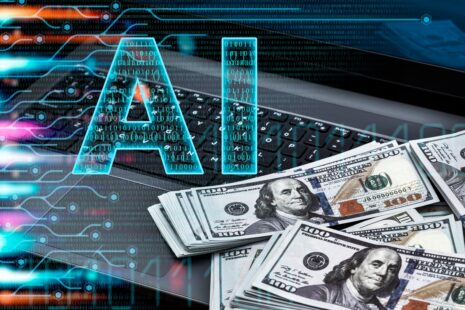The timeline for AI replacing humans in various roles is uncertain and highly dependent on technological advancements, societal choices, and ethical considerations. While AI is rapidly automating repetitive, data-driven, and predictable tasks, a complete replacement of humans across industries is unlikely soon.
Overview of What Experts Predict
- Short-Term Impact (Next Decade)
Many roles in industries like manufacturing, customer service, and data analysis are already being supplemented or replaced by AI. Experts suggest AI will continue to automate these tasks while humans focus on creative, strategic, and interpersonal roles. - Long-Term Possibilities (Beyond 2030)
Certain advanced AI systems may perform highly specialized tasks, such as medical diagnoses, legal analyses, and even creative endeavors like writing and art. Nonetheless, experts believe fully replacing humans requires AI to achieve general intelligence, which could take decades or more, if it happens at all. - Challenges to Complete Replacement
Human roles that demand empathy, ethics, complex decision-making, and cultural understanding are unlikely to be fully automated. Besides, societal factors, such as labor policies and ethical AI development, will shape how and where AI is implemented. - Coexistence Model
Instead of replacement, many envision a partnership where AI tools enhance human capabilities, leading to more productive and innovative workplaces. For example, AI can assist professionals by automating mundane tasks, freeing them for higher-value work.
While AI’s trajectory is transformative, it will likely augment rather than entirely replace human roles for the foreseeable future. This transition provides opportunities for reskilling and adapting to an AI-enhanced world.




